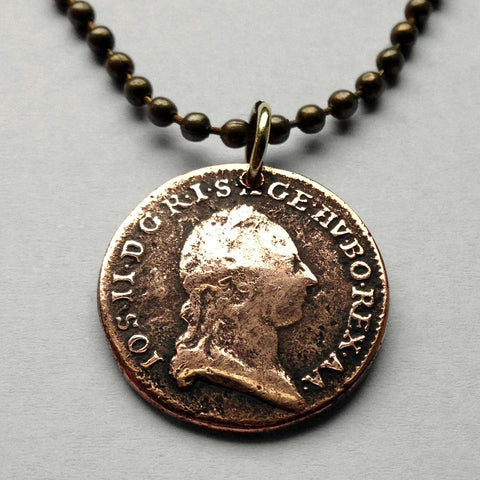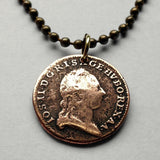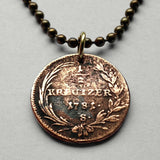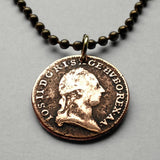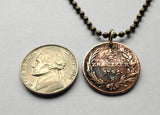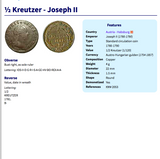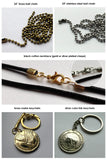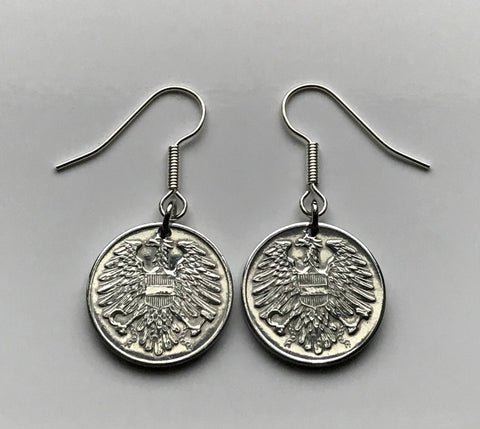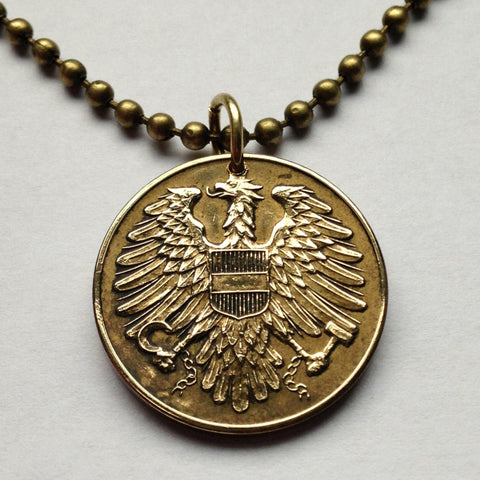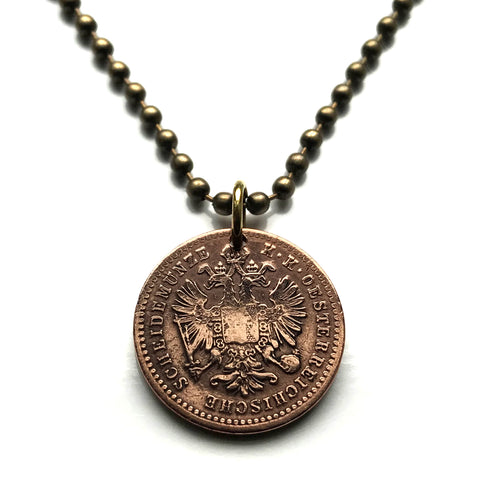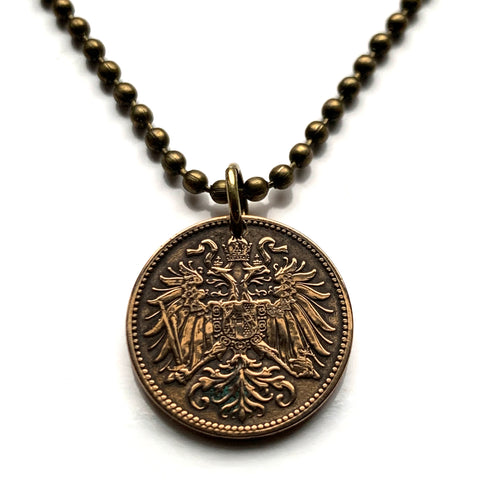¡antigüedad! 1781 Austria Habsburgo 1/2 Kreutzer moneda joyería José II Sacro Emperador Romano Viena Salzburgo Wien Graz Innsbruck Villach Sankt Pölten Wels Sölden Ischgl Gmunden Vorarlberg Húngaro n001641
Austria 1/2 Kreutzer {1780-1790}
José II, emperador del Sacro Imperio Romano Germánico
DESTACANDO
Anverso: Busto a la derecha de José II, como único gobernante.
Rotulación: IOS·II·D·G·R·I·S·A·GE·HV·BO·REX·A·A·
• cantidad 1
• Moneda de cobre pulido desmonetizada {ya no está en circulación}
• diámetro: 22,5 mm
• Peso: 5,4 g
ELIJA EN EL MENÚ DESPLEGABLE {Cordones de 2,4 mm de grosor}`
• Collar de algodón negro de 22" con cierre de langosta
• Cadena de bolas de latón de 24” (peso ligero: 5 g)
• Llavero de serpiente de latón de 2-1/2" con extremo a presión {ver última foto}
Envíame un mensaje si necesitas un collar negro más corto.
• Collar de algodón negro de 22" con cierre de langosta
• Cadena de bolas de latón de 24” (peso ligero: 5 g)
• Llavero de serpiente de latón de 2-1/2" con extremo a presión {ver última foto}
Envíame un mensaje si necesitas un collar negro más corto.
José II (en alemán: Josef Benedikt Anton Michel Adam; en inglés: Joseph Benedict Anthony Michael Adam; 13 de marzo de 1741 - 20 de febrero de 1790) fue emperador del Sacro Imperio Romano Germánico desde agosto de 1765 y único gobernante de las tierras de los Habsburgo desde noviembre de 1780 hasta su muerte. Era el hijo mayor de la emperatriz María Teresa y su esposo, el emperador Francisco I, y hermano de María Antonieta. Por lo tanto, fue el primer gobernante en los dominios austríacos de la Casa de Lorena, llamada Habsburgo-Lorena. José fue un defensor del absolutismo ilustrado; sin embargo, su compromiso con las reformas modernizadoras posteriormente engendró una oposición significativa, lo que resultó en el fracaso de la implementación total de sus programas. Mientras tanto, a pesar de lograr algunas ganancias territoriales, su política exterior temeraria aisló gravemente a Austria. Ha sido clasificado, junto con Catalina la Grande de Rusia y Federico el Grande de Prusia, como uno de los tres grandes monarcas de la Ilustración.[1] Su reputación como monarca ilustrado era legendaria, lo que dio lugar a cartas falsas, pero influyentes, que lo describían como un filósofo radical. Sus políticas se conocen hoy como josefinismo. Fue un defensor de las artes y, sobre todo, de compositores como Wolfgang Amadeus Mozart y Antonio Salieri. Murió sin hijos varones y fue sucedido por su hermano menor, Leopoldo II.
También recomendamos

